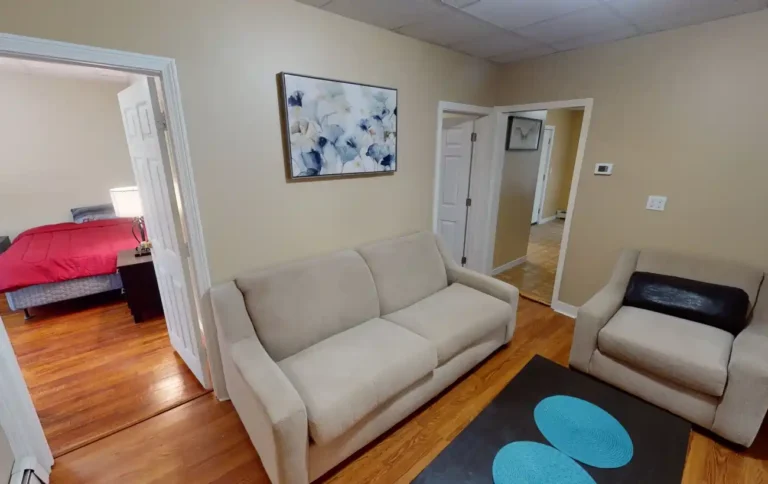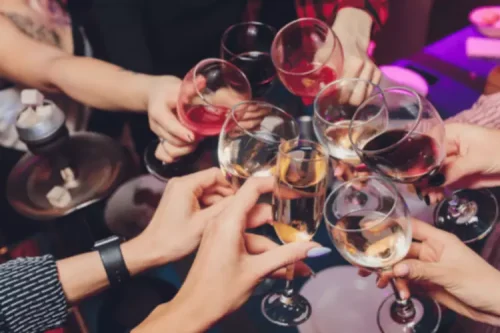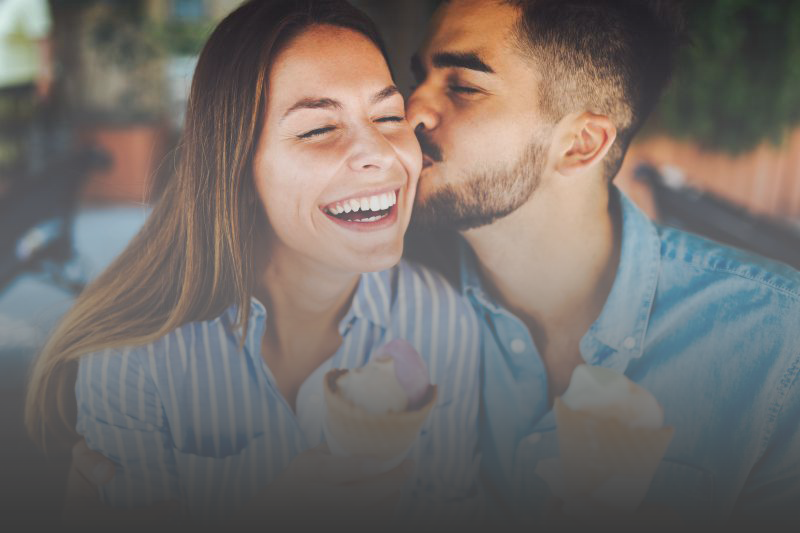
When these symptoms become overwhelming, the person might have an alcoholic drink to try to calm down. They might also consume alcohol at the gathering to feel more relaxed or less inhibited alcohol and panic attacks around others. However, anxiety for several days may also indicate someone has an anxiety disorder. Hangover duration and severity may depend on the amount of alcohol a person drinks.

Alcohol And Anxiety: Can Drinking Cause Panic Attacks?
With fewer GABA receptors available, your body can naturally absorb less GABA, which inhibits your ability to naturally calm down and can lead to panic attacks. “Hangxiety” describes the regret, worry, and levels of anxiety felt after a night of heavy drinking. While the term may be informal, the science isn’t—there’s plenty of data to explain this experience. If you think you have a problem with alcohol, seek help from your doctor right away. In the United States, “moderate” typically refers to two drinks a day for adult men and one for women. Older adults metabolize alcohol faster, so if you’re in this age group, limit yourself to one alcoholic beverage per day.
The Risks of Using Alcohol to Relieve Anxiety
Alcohol also disrupts the delicate balance of chemicals in the brain and body.
Racing Heart
For example, a normal resting heart rate of 70 beats per minute (bpm) might increase to 120 bpms. The rapid pulse and strong palpitations can trigger visits to the emergency room. However, this is a temporary symptom that will likely subside shortly after it begins. Most people with alcohol or substance use and anxiety disorders https://ecosoberhouse.com/ experience them independently, but having both can be a vicious cycle. As anxiety disorders are the world’s most common mental disorders, finding a solid support network will be accessible and relatable. Support groups provide encouragement and assistance in managing anxiety episodes and support across your recovery journey.

As the blood alcohol concentration (BAC) lowers, the fight or flight response is activated, triggering a panic attack. Alcohol-induced panic attacks can compel people to binge drink to cope with the intense symptoms. However, the more you drink, the more you perpetuate the cycle of alcohol-induced anxiety. If you are experiencing an alcohol-related panic attack, stop drinking immediately. Your ability to manage the symptoms of a panic attack becomes much less difficult without alcohol in your system.
Medical Professionals
Do All Types of Alcohol Cause Anxiety?

Your addiction does not have to define who you are.
- If all goes well, you should see a significant improvement in both frequency and intensity.
- Do you ever notice yourself feeling a little out of sorts the day after you drink?
- When people with comorbid anxiety and AUDs are queried about their drinking, they typically endorse purposeful and targeted drinking to cope with their anxiety.
- People with panic disorder tend to interpret even normal physical sensations in a catastrophic way, which triggers more anxiety and, ironically, more physical sensations, creating a vicious cycle of panic (Clark, 1986, 1996).
